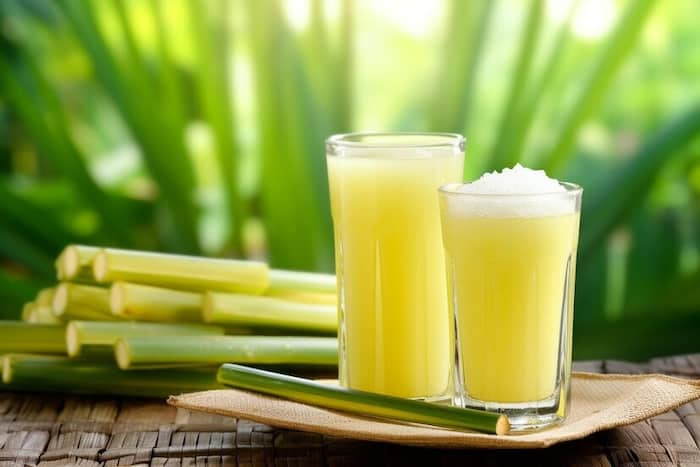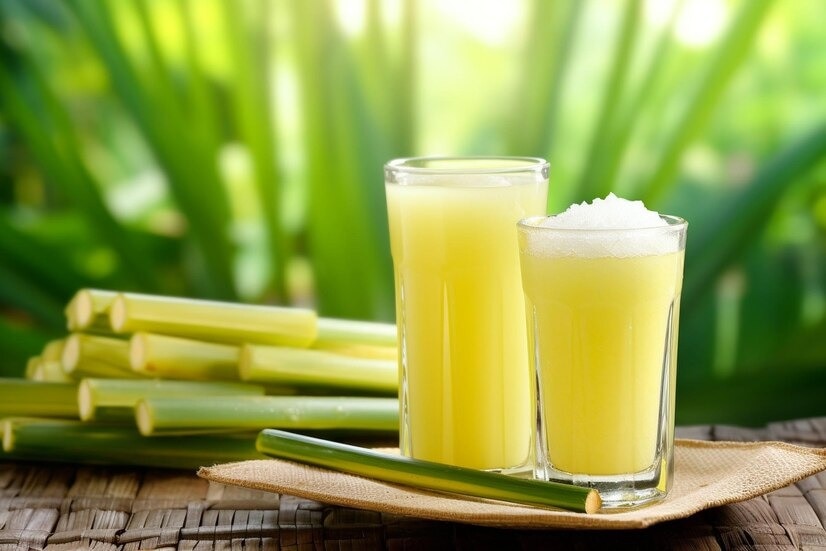To promote healthier eating habits, ICMR and the National Institute of Nutrition (NIN) have released new guidelines. Read below!

Many people find relief from the rising temperatures in juices and cold drinks, with sugarcane juice being a popular choice. However, due to its high sugar content, the Indian Council of Medical Research (ICMR) has advised against excessive consumption, citing health risks. To promote healthier eating habits, the ICMR and the National Institute of Nutrition (NIN) have released new guidelines.
The ICMR has highlighted that sugarcane juice contains high sugar levels, with 13-15 grams of sugar per 100 milliliters. “Sugarcane juice, which is extensively consumed in India, particularly during summers, is high in sugar and hence its consumption should be minimized,” said ICMR.
CONSUMING WHOLE FRUITS INSTEAD OF FRUIT JUICES
Additionally, the ICMR recommends avoiding fruit juices with added sugar, suggesting that whole fruits, with their fibre and nutrients, are a healthier option. Freshly prepared juices should contain no more than 100-150 grams of whole fruit. According to the ICMR, “Whole fruits are preferable as they contain fiber and other nutrients.”
SOFT DRINKS NOT SUITABLE SUBSTITUTES OF WATER
Carbonated and non-carbonated soft drinks are also included in the ICMR’s list of beverages to stay away from. These beverages could include sugar, artificial sweeteners, flavours and edible acids, all of which are dangerous in excess. “Soft drinks are not substitutes for water or fresh fruits and should be avoided,” said the ICMR. It is advised to use buttermilk, lemon water, coconut water, and full fruit juice (without added sugar) as substitutes.
The ICMR emphasises the importance of a balanced diet rich in fruits, vegetables, whole grains, lean meats and seafood, in addition to following the beverage guidelines. The guidelines also recommend reducing the intake of sugar, salt and oil to maintain overall health.

